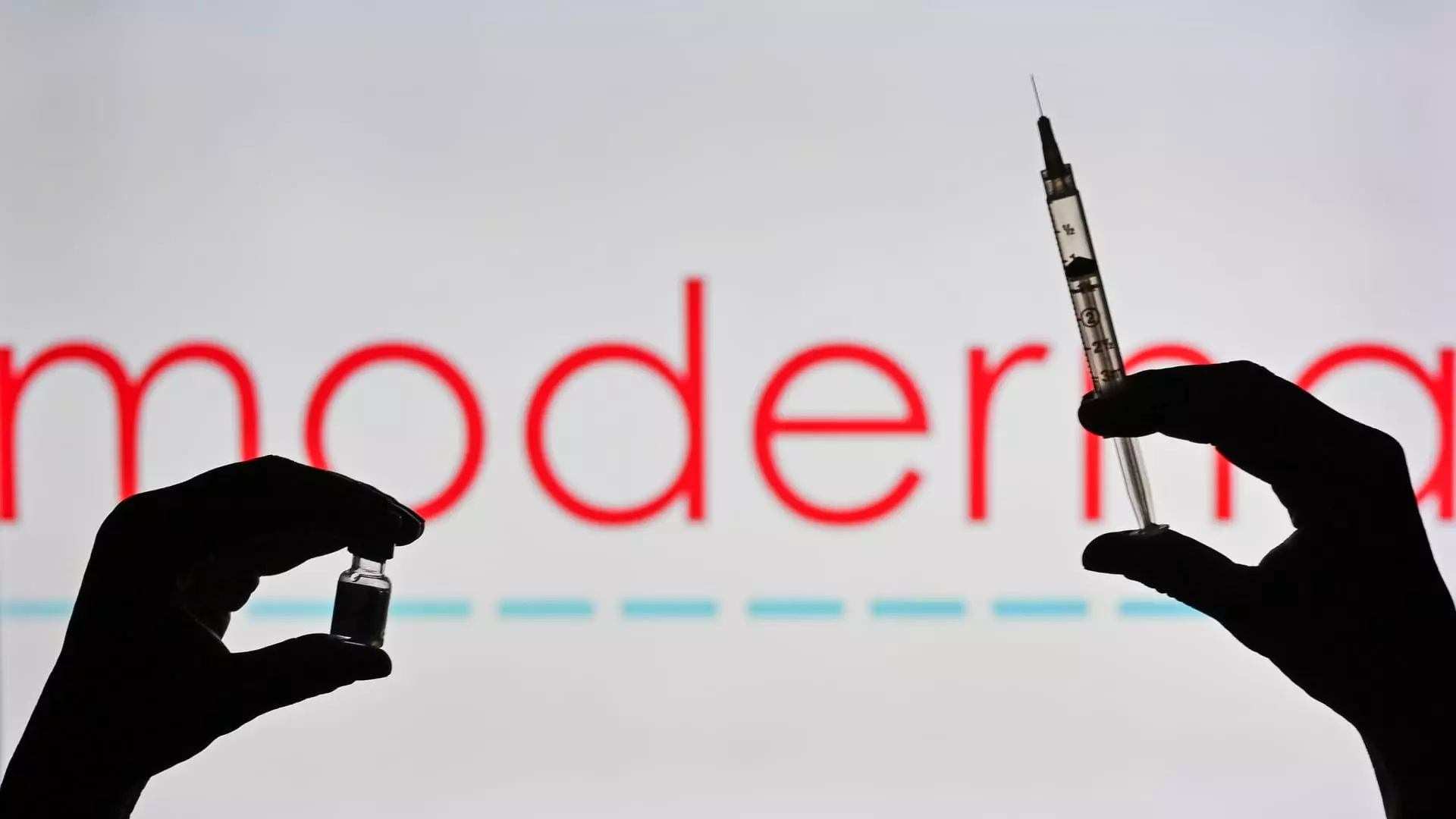Moderna and Merck, two leading pharmaceutical companies, have recently released promising three-year data on their experimental vaccine in combination with Keytruda therapy for patients with a deadly form of skin cancer. The released data shows significant improvement in survival rates and long-lasting efficacy in a midstage study presented at the American Society of Clinical Oncology annual meeting in Chicago.
The data from the study indicates a potential breakthrough in the treatment of melanoma patients, with nearly 75% of patients who received the vaccine combination being alive and free of any cancer recurrence symptoms after 2 1/2 years. This is a substantial improvement compared to the 55.6% survival rate of patients who received Keytruda alone. These positive results were observed across various patient subgroups, regardless of tumor mutations or levels of the PD-L1 protein.
The overall survival rate of patients who received the vaccine in combination with Keytruda was an impressive 96% after 2 1/2 years, as opposed to 90.2% among those who received Keytruda alone. The combination therapy also showed a 49% decrease in the likelihood of death or cancer recurrence in patients with severe forms of melanoma. Additionally, the risk of melanoma spreading to other parts of the body or causing death was reduced by 62%.
While the most common side effects associated with the vaccine were fatigue, injection site pain, and chills, the majority of these effects were reported as mild. Patients who received the combination treatment experienced slightly higher immune-related side effects. The vaccine, which utilizes Moderna’s mRNA technology, is custom-built based on individual tumor analysis to train the immune system to recognize and attack specific cancer mutations.
Merck’s Keytruda, already approved for melanoma and other cancers, received breakthrough therapy designation from the FDA for treating melanoma. Moderna also plans to file for accelerated approval with the FDA to expedite the availability of this treatment for patients. Melanoma, responsible for a significant number of skin cancer deaths, continues to be a growing concern with an increasing diagnosis rate.
Moderna and Merck are currently studying the vaccine combination in late-stage melanoma patients through phase-three trials. The companies have also initiated trials in lung cancer, common skin cancer, kidney cancer, and bladder cancer patients. The progress of these trials has shown promising results, with the potential to revolutionize the treatment of various cancer types.
The positive three-year data released by Moderna and Merck on their breakthrough vaccine combination offers hope for improving the survival rates and treatment efficacy of patients with deadly skin cancer. These results underscore the potential of precision medicine in cancer treatment and pave the way for accelerated approvals of innovative therapies. With ongoing trials and future plans, the collaboration between Moderna and Merck holds promise for transforming the landscape of cancer care and providing new treatment options for patients in need.

